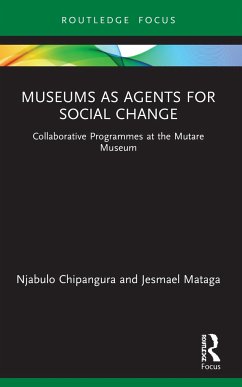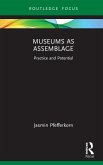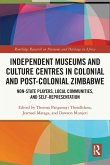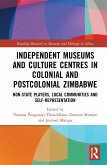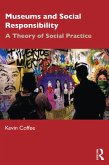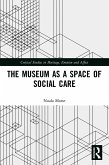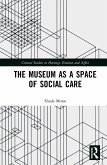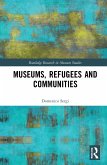Museums as Agents for Social Change is the first comprehensive text to examine museum practice in a decolonised moment, moving beyond known roles of object collection and presentation.
Drawing on studies of Mutare museum, a regional museum in Eastern Zimbabwe, this book considers how museums with inherited colonial legacies are dealing with their new environments. The book provides an examination of Mutare museum's activism in engaging with topical issues affecting its surrounding community and Chipangura and Mataga demonstrate how new forms of engagement are being deployed to attract new audiences, whilst dealing with issues such as economic livelihoods, poverty, displacement, climate change and education. Illustrating how recent programmes have helped to reposition Mutare museum as a decolonial agent of social change and an important community anchor institution, the book also demonstrates how other museums can move beyond the colonial preoccupation with the gathering of collections, conservation and presentation of cultural heritage to the public.
Museums as Agents for Social Change will primarily be of interest to academics and students working in the fields of museum and heritage studies, history, archaeology and anthropology. It should also be appealing to museum professionals around the world who are interested in learning more about how to decolonise their museum.
Drawing on studies of Mutare museum, a regional museum in Eastern Zimbabwe, this book considers how museums with inherited colonial legacies are dealing with their new environments. The book provides an examination of Mutare museum's activism in engaging with topical issues affecting its surrounding community and Chipangura and Mataga demonstrate how new forms of engagement are being deployed to attract new audiences, whilst dealing with issues such as economic livelihoods, poverty, displacement, climate change and education. Illustrating how recent programmes have helped to reposition Mutare museum as a decolonial agent of social change and an important community anchor institution, the book also demonstrates how other museums can move beyond the colonial preoccupation with the gathering of collections, conservation and presentation of cultural heritage to the public.
Museums as Agents for Social Change will primarily be of interest to academics and students working in the fields of museum and heritage studies, history, archaeology and anthropology. It should also be appealing to museum professionals around the world who are interested in learning more about how to decolonise their museum.

